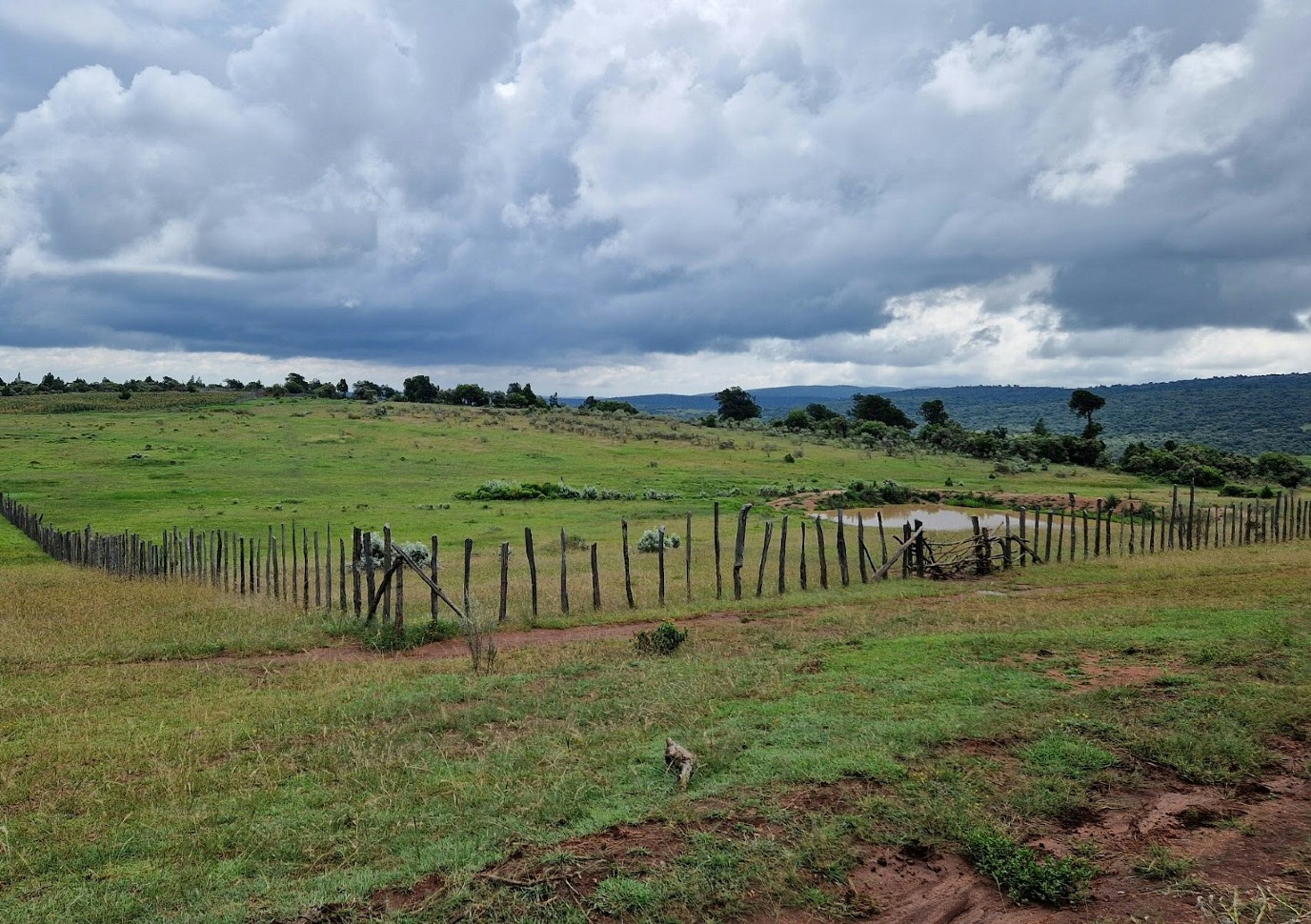NWO-ORC toekenningen voor FSE onderzoekers vanuit Nationale Wetenschapsagenda
Onderzoekers van de Faculty of Science and Engineering (FSE) van de Rijksuniversiteit Groningen hebben twee NWO-ORC subsidies toegekend gekregen. Professor Han Olff is coördinator van het project CurveBend, dat 6,7 miljoen euro ontvangt voor het ontwikkelen van een nieuwe aanpak voor wereldwijd biodiversiteitsherstel in gebieden waar veel veehouderij plaatsvindt. Onderzoekers van verschillende FSE instituten zijn partner in een consortium onder leiding van professor Inge Loes ten Kate (UU, UvA), dat onderzoek gaat doen naar het ontstaan van leven op aarde en in het heelal.
Het gaat om toekenningen binnen het programma Onderzoek op Routes door Consortia (ORC) van de Nationale Wetenschapsagenda (NWA). In de projecten werken onderzoekers van meerdere universiteiten samen met kennispartners en maatschappelijke organisaties.
CurveBend: From biodiversity loss to a nature-positive society through mobilisation of collective action at the landscape scale
Wereldwijd staat de biodiversiteit sterk onder druk, en inspanningen om deze te herstellen slagen onvoldoende. In dit project wordt een nieuwe aanpak ontwikkeld voor biodiversiteitsherstel in gebieden waar veehouderij een belangrijke vorm van landgebruik is. De onderzoekers richten zich vooral op nieuwe, gezamenlijke initiatieven waarin alle relevante partijen in een regio – zoals bewoners, boeren, de rest van de agroketen, natuurbeschermers, recreatieondernemers, gemeenten, provincies en waterschappen – elkaar versterken in plaats van tegenwerken. Om tot generieke oplossingen te komen, vergelijkt het project verschillende gebieden in Nederland, Zuid-Amerika en Oost-Afrika. Dit leidt zowel tot nieuwe regio-specifieke oplossingen als tot de uitwisseling van inspirerende, nieuwe ideeën.

PRELIFE - Pathways, Reactions, and Environments leading to LIFE: An interdisciplinary approach
Het ontstaan van leven is een van de grootste onopgeloste puzzels van de wetenschap. Er bestaan verschillende theorieën, maar er is geen consensus. PRELIFE is gebouwd op een interdisciplinaire aanpak waarin astronomie, biologie, aard- en planeetwetenschappen, informatica, natuurkunde, onderwijskunde, scheikunde en wiskunde samen werken aan de vraag 'Hoe en onder welke omstandigheden is het leven op aarde ontstaan, en hoe algemeen zijn deze omstandigheden in het heelal?'. Deze vragen leven ook in de maatschappij en daarom worden docenten, schoolkinderen en het publiek betrokken bij de zoektocht naar antwoorden, door middel van educatieve projecten en samenwerkingen met kunstenaars en musea.
Lees meer:
Meer nieuws
-
17 februari 2026
De lange zoektocht naar nieuwe fysica
-
10 februari 2026
Waarom slechts een klein aantal planeten geschikt is voor leven
